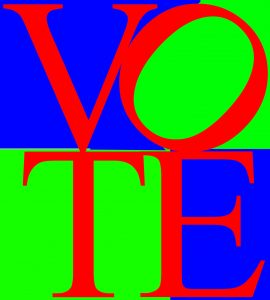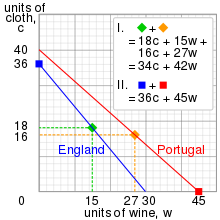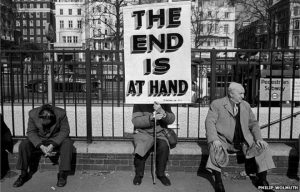 Modesto, California has a motto that sits proudly on an arched sign as one enters the city from the teaming congestion of Highway 101 that rumbles with diesel trucks through the agriculture core of the state: “Water Wealth Contentment Health.” It is a throwback to The Golden State’s climate and the hope for a better life that led settlers to Modesto (Spanish for “modest”). The goal back then was to build and create, to achieve something where nothing previously existed. There are plenty of caveats we can lard on concerning the fates of indigenous peoples and consequences of the water management system that made it all possible, but the goal of bettering oneself and growing wealthy and content was a driving force across America—an obvious extension of “The Pursuit of Happiness” encoded in the US Constitution.
Modesto, California has a motto that sits proudly on an arched sign as one enters the city from the teaming congestion of Highway 101 that rumbles with diesel trucks through the agriculture core of the state: “Water Wealth Contentment Health.” It is a throwback to The Golden State’s climate and the hope for a better life that led settlers to Modesto (Spanish for “modest”). The goal back then was to build and create, to achieve something where nothing previously existed. There are plenty of caveats we can lard on concerning the fates of indigenous peoples and consequences of the water management system that made it all possible, but the goal of bettering oneself and growing wealthy and content was a driving force across America—an obvious extension of “The Pursuit of Happiness” encoded in the US Constitution.
So it might seem strange that billionaire Leon Cooperman appears in The Washington Post confused about whether or not his success is some kind of moral failure. He came from modest roots, worked his way through college and graduate school, and then worked to make money on Wall Street. Now, with family grown, he still works at making money every day. He lives in an expensive home, but less than he could afford, drives a modest car, and shops deals at Costco. He also gives away prodigious amounts of money to educational and social charities, and he has pledged to give away most of it before death.
Plaudits on success and a long life. He is modesto, mostly, though some of his personal sentiment (at least as reported in the WaPo article) could be a bit more refined. Of a showy Bentley in his neighborhood: “…I could buy and sell that guy 100 times.”… Read the rest







